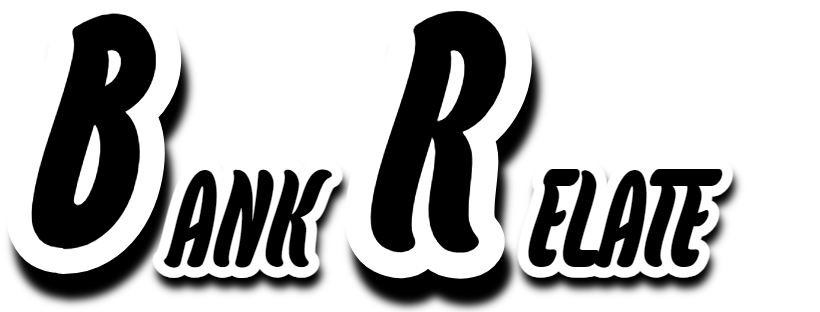As you think of taking any kind of loan, it is important to grasp what the term is all about. Tribal installment loans are personal loans that are offered by some Native American tribes. Unlike most payday loans that are paid on the borrower’s next payday, tribal loans are paid in equal installments. However, because they are offered by tribes that have tribal sovereign immunity, they have more liberal requirements and are likely to charge a higher interest rates.
Here are some key questions to ask yourself before taking out a tribal installment loan:Here are some key questions to ask yourself before taking out a tribal installment loan:
1. Do you really need to borrow money?
Thus, it is critically important to think about whether you actually require to borrow the money before turning to any type of debt. Ensure that you have optimized your income and expenditure and have adequate savings before you borrow. Consider whether you can postpone the expense until you have an opportunity to put together more money.
2. It is also important to know the interest rate and the fees that will be charged.
The interest rates and charges on the tribal loans are relatively higher compared to the other normal installment loans. They may go as high as 200% or even more APR. Ensure that you are able to comprehend all these numerous costs such as origination costs, services costs and costs for missed or delayed payment. Do not be deceived by the monthly payments; do a little math and find out the total cost you will incur to pay for the loan.
3. Is your payment affordable?
Lenders will ensure that even when the interest rates are high, they fix the monthly repayments of the loans at a level that will seem reasonable. But that just extends the loan period for several years and also raises the total amount of the sum that you will have to pay back. Understand the total cost and be certain that you are capable of paying the monthly instalment without causing additional suffering to your wallet. Think about what will happen if there is an emergency that requires one to make a payment that he or she cannot afford.
4. Is the lender reputable?
You need to be very cautious on any site you intend to submit your personal details to in order to acquire a loan from an online lender. Others can turn to information from other third party sites to understand their actual operations and reputation. Search for instances where the company has allegedly used pressure and threats if the payments are not made on time. Steer clear from any lender that seems to quickly approve loans without proper underwriting.
5. Is there a payment plan?
Certain tribal lenders allow you to pay your loan back in instalments depending on your earning capacity. This may include flexibility of payment options to allow for the payment to be paid at more flexible instance without attracting fee and penalty. Simply understanding that flexibility does exist can be comforting. Inquire what they offer in case of emergencies, when you are fired or laid-off, or when you receive bad news that makes it impossible to pay.
6. Are there prepayment penalties?
Most of the lenders will charge you one to two months interest for prepayment of the loans. Make sure you understand the guidelines concerning early or accelerated payment. Do not go for those lenders who charge higher interest for early repayment as that shows that they are more interested in their profit instead of the client’s welfare.
7. Can non-payment be a problem for you?
Despite the differences in laws across the tribes, some may not be able to collect debts outside native territories. That said, exercise caution and ensure to read the small print to the end. Be aware if the lender does report non-payment to the bureaus or if they can sell the unpaid debts to third party collection agencies. Both will cause serious harm to your credit score for the future years. Borrow only what you are capable of repaying to avoid spiraling in a cycle of debt.
8. Are you protected by rules or laws?
Tribal lenders exist outside the state laws and the federal laws. For instance, they are not restricted by rates that are fixed by various states. A collection action means that rules may be less stringent on what the lenders are allowed to do to the defaulters. Understand what few things they can and cannot do so that you are not caught off guard.
All things considered, it is good to consider the total cost to be incurred after taking a certain loan before agreeing to take the loan. Lack borrowing more than you need and from unorthodox lenders with steep rates and fees.



.jpg)
.jpg)

0 Comments